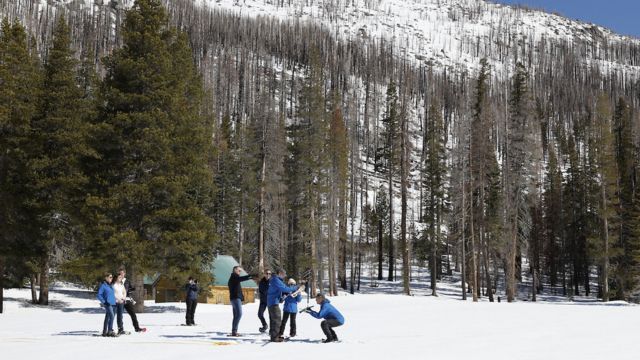As autumn settles in, California residents are reminded to prepare for the upcoming winter time change set for November 3, 2024. At 2:00 a.m. that day, clocks will need to be set back one hour to 1:00 a.m., marking the official end of Daylight Saving Time (DST) and the transition to Standard Time.
This long-standing tradition aims to optimize the use of natural daylight during the shorter days of winter. Although California participates in this time adjustment, it’s important to note that some states, such as Hawaii and Arizona, do not observe this practice.
Impact of the Time Change
The switch to wintertime brings several notable effects that Californians should consider:
Daily Routine Adjustments: Individuals will need to alter their sleep and daily schedules to adapt to the new time.
Energy Consumption: The change in daylight hours can lead to potential variations in energy usage.
Road Safety: Different lighting conditions following the time change may affect visibility on the roads, impacting safety.
Understanding these changes can help residents prepare and minimize disruptions during this seasonal transition.
Important Date: November 3, 2024
Residents should mark their calendars for November 3, when they will need to adjust their clocks. This adjustment not only grants an extra hour of sleep but also signals a shift towards more efficient use of natural light during morning hours.
The Origins of Daylight Saving Time
The concept of Daylight Saving Time was first adopted in the United States during World War I as a means to conserve energy by maximizing daylight. Over the years, this practice has evolved, with the Energy Policy Act of 2005 solidifying the current schedule, where DST begins on the second Sunday in March and ends on the first Sunday in November.
While proponents of DST argue that it leads to reduced energy consumption and enhanced road safety, there remains a contentious debate surrounding its effectiveness and impact on daily life. Some states have proposed abolishing this practice, citing disruptions to sleep patterns and productivity.
State-Level Reactions
As discussions regarding the future of Daylight Saving Time continue, several states are exploring options to opt out of the practice altogether. The ongoing debate highlights the contrasting viewpoints on whether the benefits truly outweigh the inconveniences associated with adjusting the clocks.
Conclusion
As California approaches the winter time change, residents are encouraged to prepare for the adjustment. By understanding the implications and planning accordingly, Californians can make the most of this seasonal shift and enjoy the benefits of daylight saving while ensuring their routines remain intact.
For more information on the time change and its effects, residents can refer to the California Department of Transportation or local government websites.















+ There are no comments
Add yours